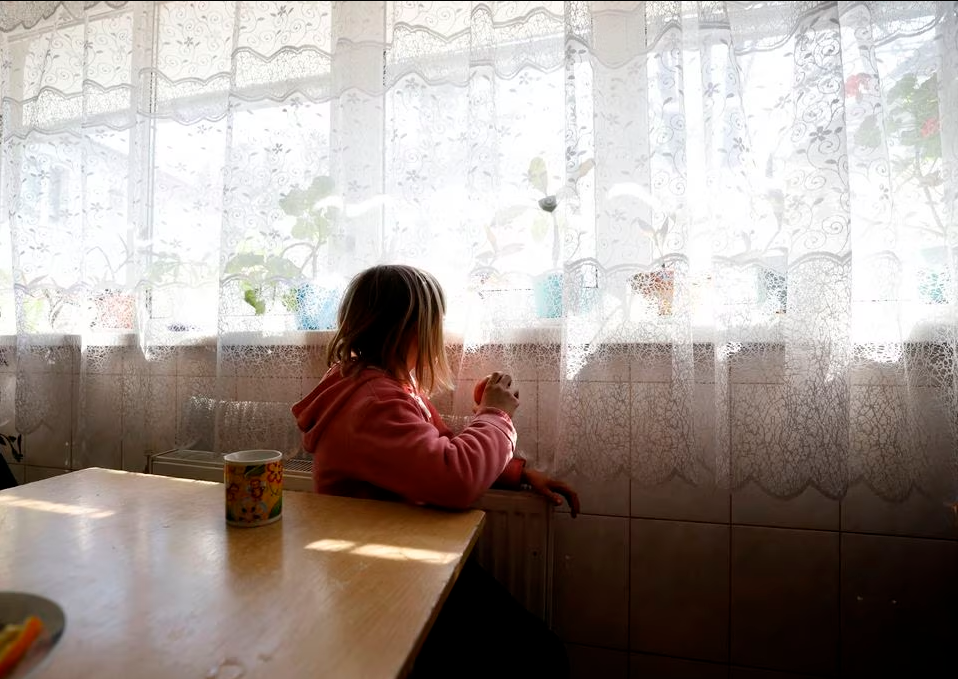PETALING JAYA: A lawyer has warned prospective adoptive parents to be careful and follow all legal procedures when adopting a child.
Dr Nithiya Thiahhan, who also has a PhD in Social Work, founded the Malaysian Humanitarian and Welfare Association, an NGO that deals with the welfare of children involved in child and sexual abuse, domestic violence and human trafficking.
A popular speaker on child sexual abuse and human rights, she was commenting on the prevalence of baby-selling syndicates operating in the country.
National Registration Department (NRD) Director-General Datuk Ruslin Jusoh was previously reported as saying that a fee of between RM8,000 and RM20,000 is charged for each transaction in illegal baby adoption.
In one case busted by NRD in 2021, a doctor and an agent operating out of a maternity clinic in Petaling Jaya falsified birth documents that declared a couple as the biological parents of the adopted child.
Since then, he said NRD has blacklisted some 200 birth records due to the discovery of discrepancies, with many of the children having attained the ages of 12 to 16 when discovered.
She pointed out that illegal adoption transactions, commonly associated with baby-selling rackets, pose significant risks to the welfare and rights of babies, individuals and families.
According to Malaysian Adoption Authority data, the number of successful adoptions has risen steadily over the past five years.
In 2018, there were 289 adoptions in Malaysia, which increased to 346 in 2019 and 412 in 2020.
This trend continued in 2021 and 2022, with 465 and 523 adoptions respectively.
Nithiya said the perpetrators who buy and sell babies for profit often exploit vulnerable mothers who are unable to care for their children.
This prompts the need for measures to be put in place to ensure legal and ethical adoption practices in the country and the protection of children’s rights, she added.
“The long-term effects of illegal adoption on individuals involved in the process, including birth parents and the adopted child, may be severe.
“Birth parents may struggle with unresolved feelings of abandonment and regret, while the adopted child may face difficulty forming a stable sense of identity and belonging.”
She said the government has implemented measures, such as the Adoption Act 1952, to regulate the adoption process and establish procedures and requirements.
“Adoption agencies should be licensed and regulated by the government to ensure that the children are legally offered for adoption.
“However, families who may have unknowingly adopted a child involved in an illegal adoption transaction need support and resources related to their situation. This may include legal representation, counselling services and access to information to resolve the issue.”
Nithiya also said increased efforts to detect, investigate and prosecute individuals involved in illegal adoption and baby trafficking, legal aid services and protection of children’s rights are necessary steps that should be taken to stamp out illegal adoption practices.
In supporting Nithiya’s call, OrphanCare Foundation advocacy and communication manager Riza Alwi said: “There is a glimmer of hope on the horizon in that the number of babies being adopted in Malaysia has increased significantly in recent years”.
Since 2009, the NGO has provided a chance for unplanned newborns to grow up in the care of a loving family.
“During this period, we rescued 520 babies from possible abandonment. Last year, we rescued 46 babies from diverse family backgrounds who could have otherwise been abandoned,” she said.
The figures offer a ray of hope for those concerned about baby-selling syndicates, while adoption enables children who would otherwise be vulnerable to exploitation, to grow up in safe and loving environments, she added.
Riza emphasised that collaboration among the government, civil society organisations, the public and various stakeholders is essential to raise awareness on the dangers of baby-selling syndicates and prevent families from unknowingly participating in illegal adoption processes.
“The promotion of legal adoption channels through NGOs that support reputable adoption agencies, public awareness campaigns and the establishment of reporting channels are crucial steps.
“By increasing legal adoption rates, the demand for babies on the black market may decrease, making it more difficult for any criminal organisations to profit from this illicit trade.”
Riza said law enforcement agencies and the legal system could help prevent the rise in baby-selling syndicates through proactive investigation and intelligence gathering on potential syndicates.
“These efforts are bearing fruit, as more families are coming forward to adopt babies. However, there is still much work to be done. Some babies and children are waiting to be adopted, and many of them are from marginalised communities and have special needs.
“It is crucial that the government, NGOs and the public work together to ensure that these children find legal parents. It is heartening to see more families coming forward to provide loving homes for children who need them,” she said.









